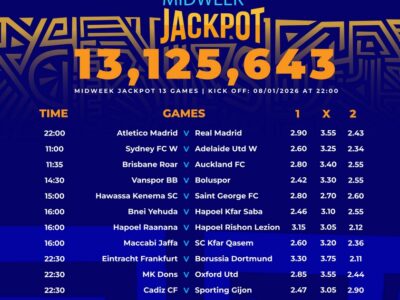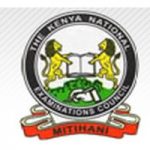In sports betting it is important to understand the role that skill and chance play. However, this is not straightforward. Using mathematical models requires a large and meaningful data set as well as a properly fitted model. In addition, no straightforward measure of team quality is deducible from betting odds. Furthermore, in the context of sports betting in Kenya, accessing platforms like melbet login kenya introduces another layer of complexity. Navigating through the process in Kenya provides access to a wide array of betting options, ranging from football to basketball and beyond.
Analysis of a team’s strengths and weaknesses
The ability to recognize patterns and trends is essential for sports betting. These trends can influence how bettors place their wagers, and they can help them manage risk more effectively. Moreover, the use of analytics can improve the accuracy of predictions and provide insights that might not be evident to the untrained eye.
Qualitative forecasting is a technique that combines expert judgment and intuition with non-quantifiable data. This method is often used when historical data is unavailable or when predicting new events or situations. The resulting forecasts are often more accurate than those generated by quantitative methods.
For example, Tetlock asked his experts to rate the probability that three possible futures would occur. The first question asked experts to give each of the three possibilities a thirty-three-percent chance of occurring. This was an easy task for them. The following questions, however, required them to make more difficult estimates. They were also asked to provide detailed qualitative justifications for their estimates.
Analysis of a team’s past performance
Aside from evaluating team and player performance, sports betting analysis can help you find new wagering opportunities. For example, you can look for trends in past matchups to predict how teams will perform against each other. You can also analyze the caliber of each team’s players and weather conditions.
The qualitative method of predicting is a useful tool when historical data is unavailable or for forecasting new products, events, and situations. It is not without its limitations, however. Experts may overestimate their abilities, and the results of the elicitation process are not as objective as those obtained from statistical methods.
To avoid these problems, experts should be encouraged to submit forecasts and provide justifications for their estimates. The process should be iterated until a satisfactory level of consensus is reached. The facilitator should ensure that the experts’ estimates are weighed equally in the final forecast. This will prevent experts from skewing the results of the group based on their own preferences or hunches.
Analysis of a team’s opponents
A team’s opponent analysis involves gathering information about the other team, including their past performance and current statistics. It can also include game footage and scouting reports. This information can help teams anticipate their opponents’ strategies and tactics. It can also help them identify potential weaknesses in their own defense.
This method is useful when historical data is unavailable or for forecasting new products, events, and situations. However, it can be dangerous when used as a sole method of forecasting because it relies on judgment, hunches, and intuition.
The facilitator assigns forecasting tasks to a panel of experts (the usual suggestion is five to 20 experts with disparate expertise). The experts submit their initial forecasts and provide qualitative justifications for these forecasts. The process may be iterated until a satisfactory level of consensus is reached. Typically, final forecasts are constructed by aggregating the experts’ estimates and giving equal weight to each expert’s prediction. This approach is generally more accurate than traditional groups and statistical models.
Analysis of a team’s schedule
Some of the most important tools for sports bettors are data analytics. These tools help them analyze past trends, determine the caliber of teams and players and identify key matchups. They also allow bettors to find new betting opportunities and understand the impact of weather conditions.
These tools are commonly used by both sports bettors and professional teams. For example, many professional teams use logistic regression models to evaluate ticket churn and predict how different marketing initiatives will affect attendance.
Qualitative forecasting relies on subjective judgment and intuition rather than automated statistics or historical data. This type of forecasting is especially useful when a project’s scope is too broad to be accurately determined by statistical methods.
To obtain the most accurate results, it’s best to use structured groups and a systematic approach, such as the Delphi method. This technique controls the exchange of information between experts over multiple rounds and aggregates their judgments to produce a final forecast. Studies show that Delphi groups are more accurate than traditional or statistical groups.














